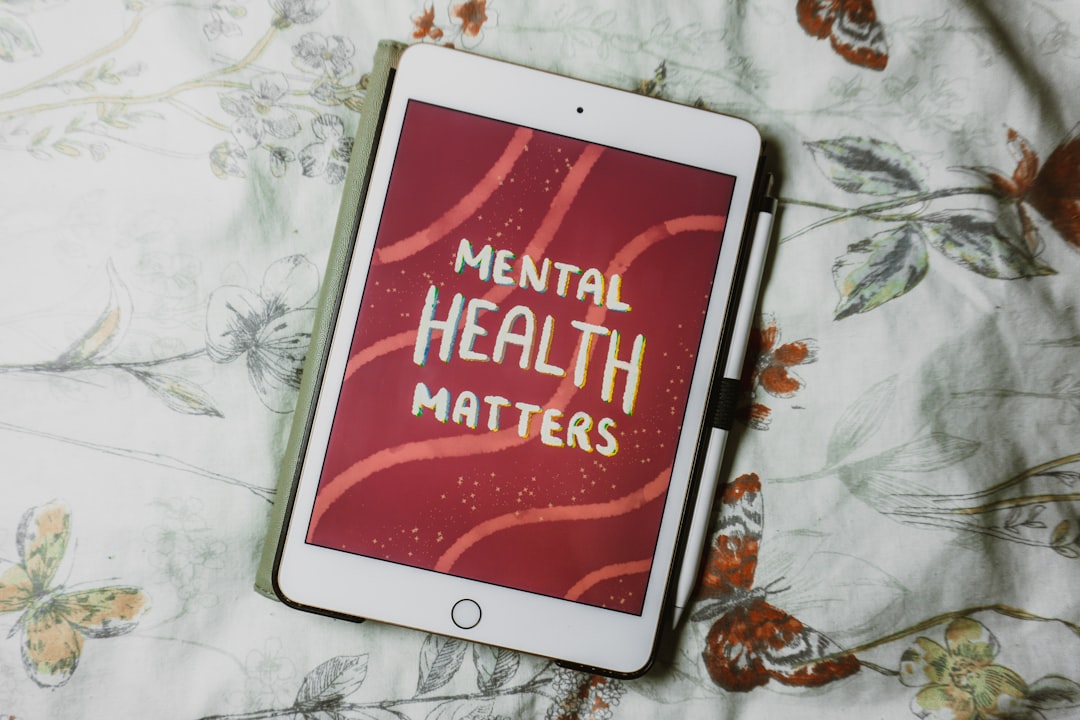Related
Essential Mental Health Practices for Holistic Well-being
A comprehensive guide to understanding Essential Mental Health Practices for Holistic Well-being and incorporating these practices into your daily...
Popular topics
03 min reading in—Mental Health
Discover the transformative power of holistic wellness with "Unlock Inner Peace: 7 Holistic Strategies for Mental Health." This guide offers essential techniques to nurture your mind and spirit, promoting tranquility and resilience. Explore mindful practices, natural remedies, and lifestyle shifts to harmonize your mental well-being and cultivate lasting peace from within.

In today's fast-paced world, finding peace of mind and maintaining mental health can seem like a daunting challenge. With constant notifications, endless to-do lists, and a culture that admires busyness, it's easy to feel overwhelmed. However, unlocking inner peace and nurturing mental well-being is achievable with holistic strategies. In this post, we'll explore seven effective approaches that blend mind, body, and spirit to enhance your mental health and bring tranquility into your everyday life.
Mindfulness meditation is a powerful tool in your mental health toolbox. It's all about being present, acknowledging your thoughts and feelings without judgment. This practice is known to reduce stress and enhance emotional regulation.
Evidence suggests that regular mindfulness practice can decrease symptoms of anxiety and depression. A landmark study published in JAMA Internal Medicine found that mindfulness meditation can lead to moderate improvement in anxiety, depression, and pain.
The food you eat profoundly impacts your mood and brain function. Nutrient-dense foods support cognitive health and emotional balance, acting as natural antidepressants.
Research in The Lancet Psychiatry indicates a significant link between diet quality and mental health, revealing that poor nutrition is a risk factor for the development of some mental health disorders.
Exercise is not just for physical well-being; it's a cornerstone of mental health as well. Physical activity increases endorphins, the body's natural mood lifters, and helps reduce stress.
A study published in JAMA Psychiatry suggests that regular physical activity is effective in reducing depression risk, as well as boosting overall mental health through improved self-esteem and cognitive function.
Quality sleep is a vital pillar of mental health. It's during sleep that our bodies and minds repair and rejuvenate. Lack of sleep can exacerbate mental health issues and increase irritability and stress.
Research published in Sleep Medicine Reviews highlights the negative impact of sleep deprivation on mood regulation and mental well-being, recommending sleep hygiene strategies as critical for improving mental health outcomes.
Unlocking inner peace is a journey that involves nurturing your mental, emotional, and physical well-being. By integrating these holistic strategies into your daily routine, you can cultivate a balanced mind and a serene spirit. Remember, it's not about perfection—it’s about making small, meaningful changes that can significantly enhance your mental health over time.
As you embark on this journey towards inner peace, be gentle with yourself. Celebrate the small victories and remember that every step taken toward wellness is a step worth applauding. Your mind is deserving of nourishment, care, and peace—embrace it holistically. Here's to a tranquil mind and a happier you!
Related
A comprehensive guide to understanding Essential Mental Health Practices for Holistic Well-being and incorporating these practices into your daily...
Related
Unlock a brighter, more balanced life with "Transformative Habits: Elevate Mental Health Holistically Today." Explore actionable insights and...
Related
Discover the transformative power of holistic self-care in enhancing your mental well-being. This blog post explores practical tips and gentle...